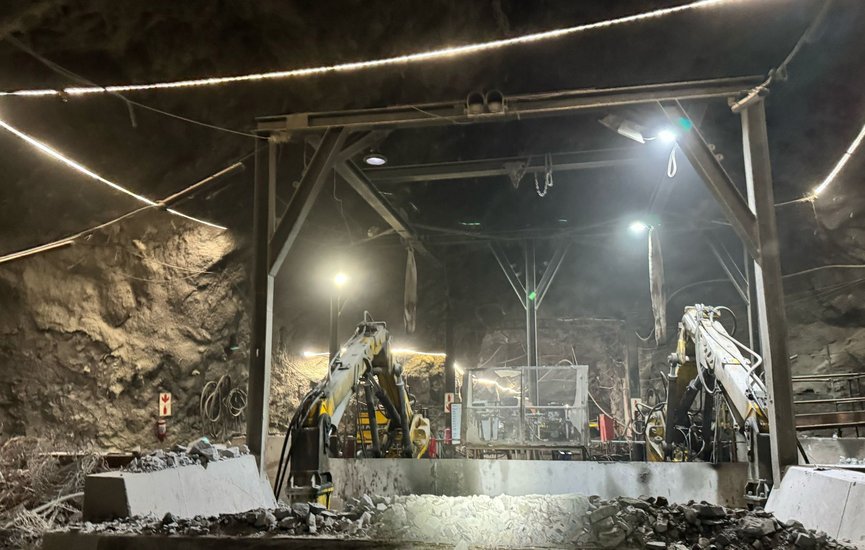Rwanda and the Democratic Republic of Congo (DR Congo) are working on a plan to overhaul their mineral supply chains and introduce reforms with support from international partners, including the United States. This initiative follows the signing of a peace deal in Washington in June, aimed at ending years of conflict in eastern Congo.
The 17-page draft framework, which is part of the peace agreement, outlines strategies for implementation and coordination. It covers areas like energy, infrastructure, mineral supply chains, national parks, and public health, building on an earlier outline from August. Rwanda and DR Congo are set to meet in early October to finalize the framework, with a formal signing by their heads of state to follow.
The framework commits both countries to collaborate with the US and other partners on regulatory initiatives and reforms aimed at curbing illicit trade, enhancing transparency, and reducing risks for private sector investment. It includes provisions for third-party inspections of mine sites, guidance from the Organization for Economic Cooperation and Development, and the creation of cross-border special economic zones.
Coordination will be facilitated through an annual summit on regional economic integration, a steering committee, and technical working groups.
Under the June agreement, Rwanda committed to withdrawing troops from eastern Congo within 90 days, while Congolese forces were to end operations against the Democratic Forces for the Liberation of Rwanda (FDLR). Both sides also agreed to initiate the regional economic integration framework within 90 days.
However, progress has been slow. Rwanda has not yet withdrawn its troops, and operations against the FDLR have not yet begun. Additionally, the Doha mediation process between Kinshasa and the Rwanda-backed M23 rebels, who took control of eastern Congo’s two largest cities and key mining areas earlier this year, has stalled.
A Congolese official stated that Kinshasa “cannot consider economic cooperation with Rwanda as long as its army occupies part of our territory,” as Congo views the exploitation of its mineral resources as a major factor in the conflict with M23.
The draft framework emphasizes that each country maintains "full, sovereign control" over its natural resources and highlights the need to develop domestic mineral processing and industrial mining capacities. Both nations have pledged to ensure that minerals no longer fund armed groups and to improve the interoperability of supply chains across their borders.
